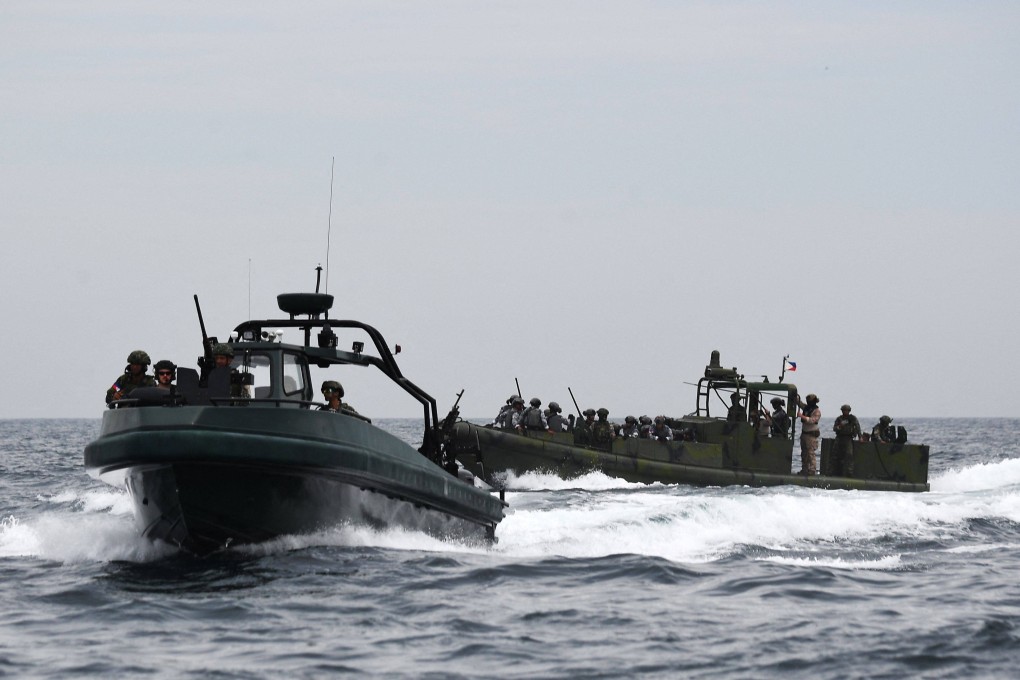South China Sea: Philippines urged to ‘lean into US alliance’ to put pressure on Beijing
Manila can invite US military to undertake humanitarian operations or partner American company for oil exploration in disputed waters, analyst says

The Philippines’ vow to maintain its strategy of openly challenging Chinese activities in the South China Sea while avoiding direct conflict has sparked calls for stronger measures, with a prominent American security analyst urging bolder steps from Washington to demonstrate its commitment to defending Manila.
Raymond Powell, the director of SeaLight – a project of Stanford University’s Gordian Knot Center for National Security Innovation that tracks Chinese ships’ actions in the South China Sea – suggested the Philippine military invite its US counterpart to undertake humanitarian operations in the disputed waters, or partner with an American company for oil exploration, to increase pressure on Beijing.
His recommendations come in response to Sunday’s announcement by Philippine officials that the country would maintain its non-escalatory, assertive transparency campaign – focused on openly exposing and documenting Beijing’s activities in the South China Sea while avoiding direct conflict – this year, while also prioritising securing and defending the Philippine maritime territory.

Powell told This Week in Asia that, although China expanded its control over maritime territory last year, Manila’s assertive transparency approach had achieved significant progress.
He said the strategy had helped build national resilience against Chinese aggression, shifted the country’s security approach to focus on defending its archipelago, reorganised its armed forces, secured increased foreign military aid, and strengthened ties with the United States and its allies.
Despite these gains, the military’s ability to defend its waters remains limited, with budget cuts reducing the 2025 modernisation programme to 35 billion pesos (US$598.1 million). Critics say the funds were diverted to local infrastructure projects tied to coming elections, leaving defence officials grappling with fewer resources for maritime surveillance and modern equipment.
With the military under-equipped and likely to remain that way for the immediate future, Powell said, “the Philippines’ decision to avoid conflict [in the West Philippine Sea] makes sense, given the power imbalance”.
